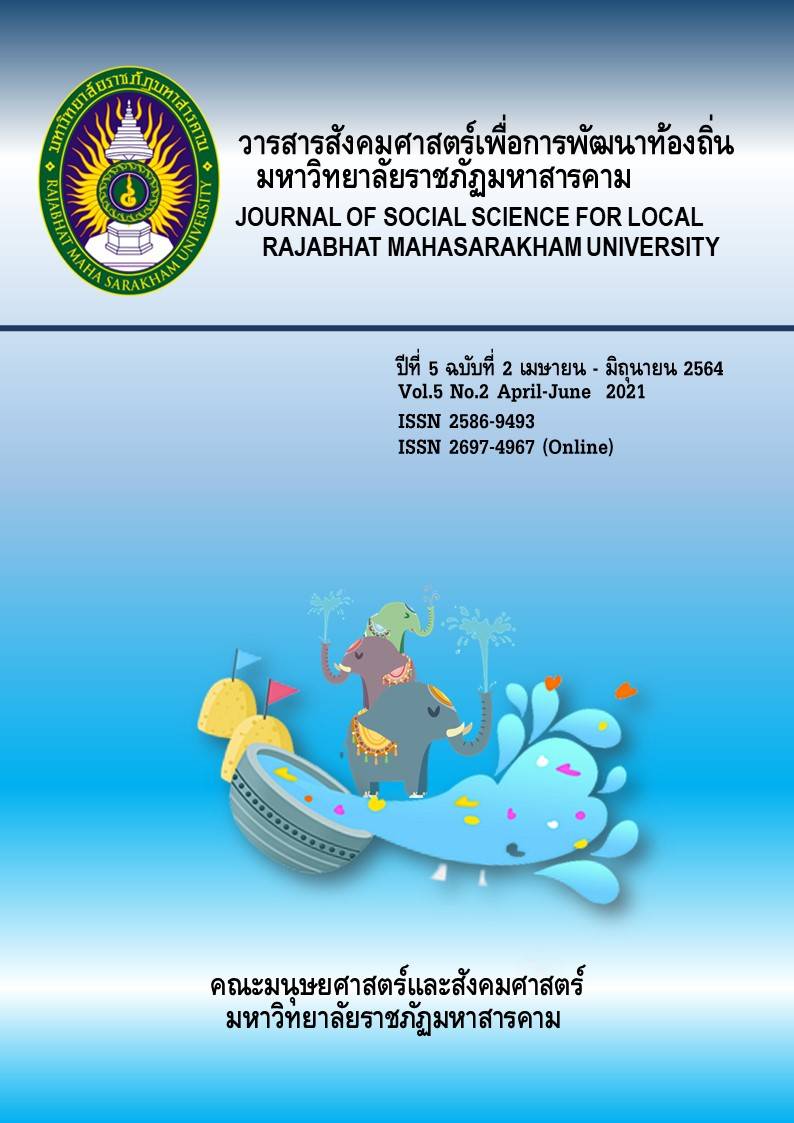Economic Recovery Policy During the COVID-19 Pandemic Through the use of Government Fiscal Policies.
Keywords:
Fiscal policy, COVID-19, Fiscal Stimulus MeasureAbstract
This article study to examining the government’s fiscal stimulus measure after the lockdown of the spread of the COVID-19 pandemic. The Co-Payment (Khon La Krueng) Program is selected as a case study to analyze an effective use of the government’s fiscal policy. Micro and small enterprises including shops, hawkers, and vendors are the target of the stimulus program. Also, it compares the economic recovery measures between Thailand and China as well as making fiscal policy recommendations about strengthening the economy of micro and small enterprises, shops, hawkers, and vendors. The results of the analysis indicate that 1.“The Co-Payment Program” is a targeted fiscal policy measure that can ease the economic fallout in the country which is different from those implemented during the three-month lockdown. It can induce the money into the economic system of micro and small enterprises including shops, hawkers, and vendors by over 70,000 million baht within three months which exceeds the government’s target of 60,000 million baht. The Co-Payment Program helps boost domestic consumption which is highly appreciated by the micro and small enterprises, shops, hawkers, and vendors including the Thai people. 2.The Thai government relies heavily on fiscal policy measures while the Chinese government uses monetary policy measures to sustain and recover their domestic economies. 3. As far as fiscal policy recommendations are concerned, the Thai government should continue the Co-Payment Program into two phases. The first is an economic recovery; as a result, it is highly recommended that the Thai government extends the Co-Payment Program with revised conditions. The second is during a nearly end of the COVID-19 situation, and the government may utilize the targeted fiscal policy, such as the Co-Payment Program, to strengthen the economy of the micro and small enterprises, shops, hawkers, and vendors. The program is targeted at the freshly graduated employees whose income is less than 12,000 baht. It should be treated as social welfare provided by the government.


